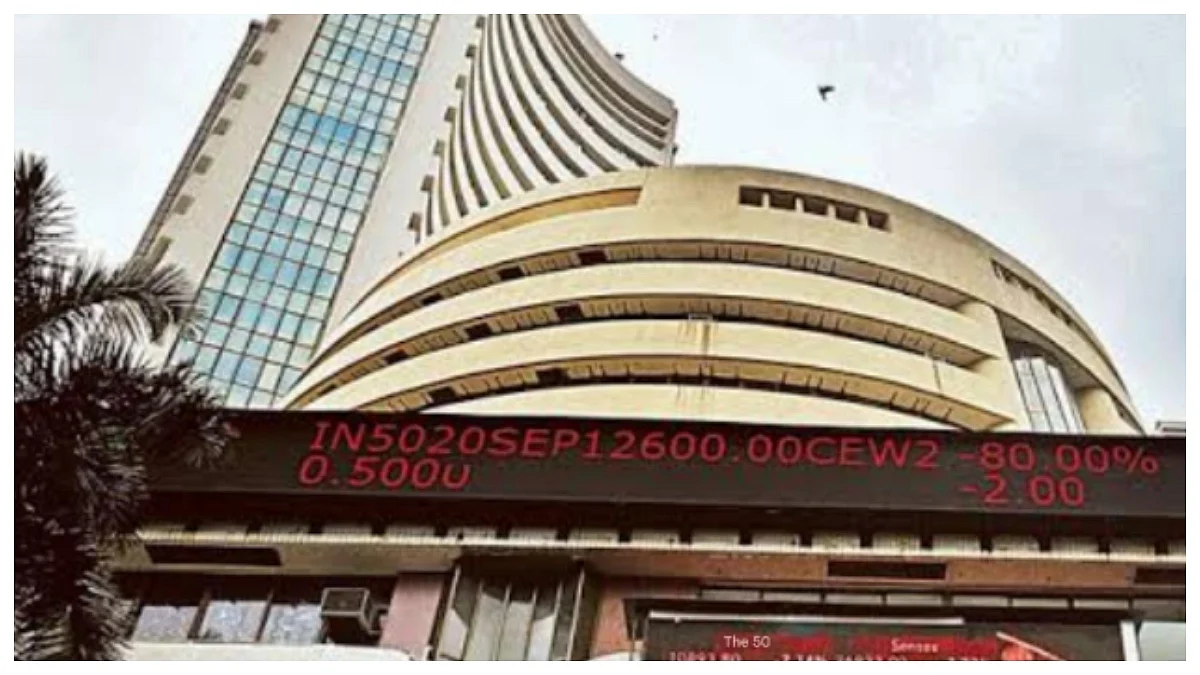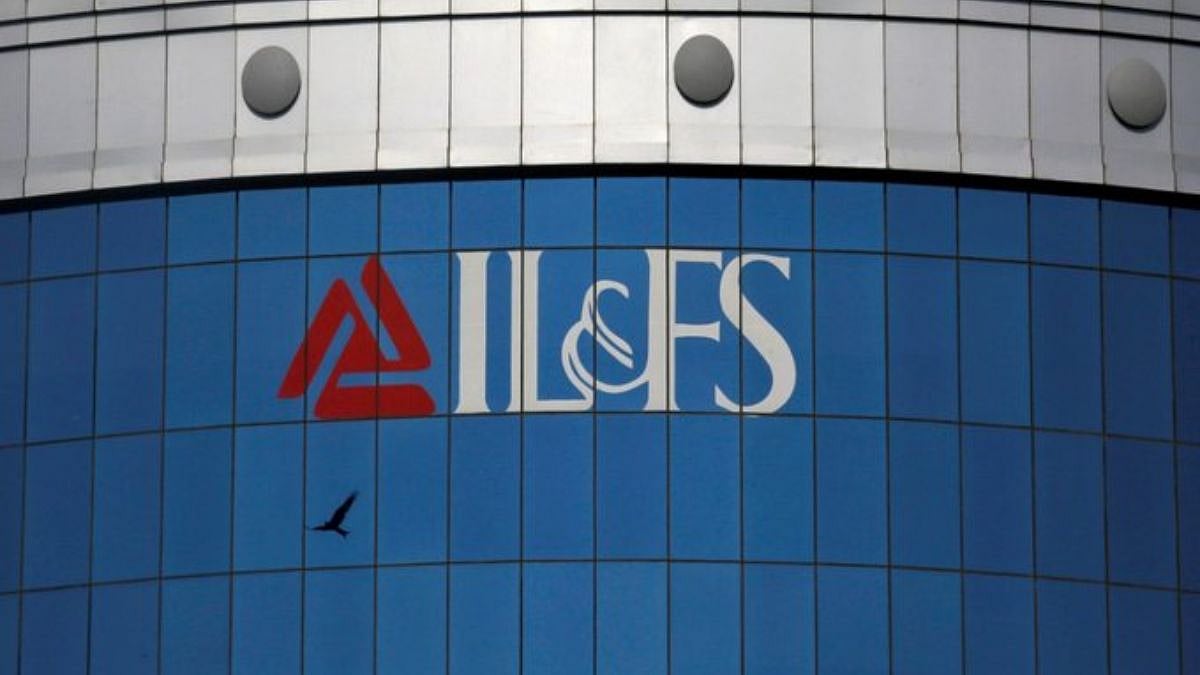China announced sweeping retaliatory measures on Friday, imposing additional tariffs of 34% on U.S. goods, marking the most severe escalation in the ongoing trade war with President Donald Trump. This move comes a day after the Trump administration introduced high tariffs, which wiped out USD 2.4 trillion from U.S. equities.
In addition to tariffs, China also placed controls on the export of key rare-earth elements—samarium, gadolinium, terbium, dysprosium, lutetium, scandium, and yttrium—to the U.S. These materials are crucial for high-tech industries, giving China significant leverage.
China also added 11 U.S. entities to its "unreliable entity" list, allowing Beijing to impose punitive measures against these foreign companies.
Global Markets React with Turmoil
The global ripple effects were immediate. U.S. stock futures plummeted, signaling further losses on Wall Street. In Japan, Prime Minister Shigeru Ishiba declared the tariffs a "national crisis" after Tokyo's stock market headed for its worst week in years due to a sharp drop in banking shares.
JP Morgan revised its forecast, now predicting a 60 per cent chance of a global recession by year-end, up from 40 per cent previously.
Europe’s Divided Response
European markets also faced significant pressure, with shares heading toward their biggest weekly loss in three years. The EU's trade commissioner, Maros Sefcovic, emphasized a measured response, aiming for negotiations over retaliation.
However, the EU is divided. Countries like Ireland, Italy, Poland, and the Nordic nations are cautious about escalating the conflict. The European Commission is preparing retaliatory tariffs on U.S. imports worth up to €26 billion (USD 28 billion), focusing on steel, aluminum, and cars.
French President Emmanuel Macron urged companies to suspend U.S. investments until clarity emerges, while Finance Minister Eric Lombard warned against direct countermeasures, stressing the need for alternative strategies to bring the U.S. back to the negotiating table.
Impact on Businesses and Consumers
The U.S. tariffs could significantly raise costs for American consumers, with products like high-end iPhones potentially priced near USD 2,300 if companies pass the tariffs on.
Automakers are adjusting rapidly. Stellantis announced temporary U.S. layoffs and plant closures in Canada and Mexico, while General Motors plans to boost production in the U.S.













